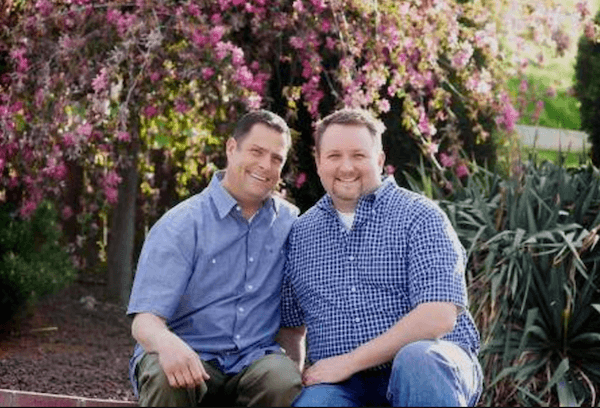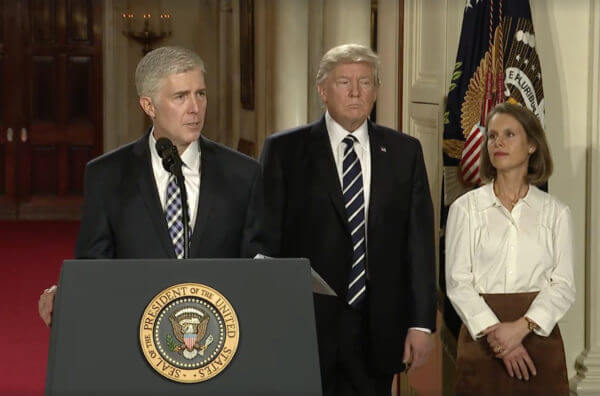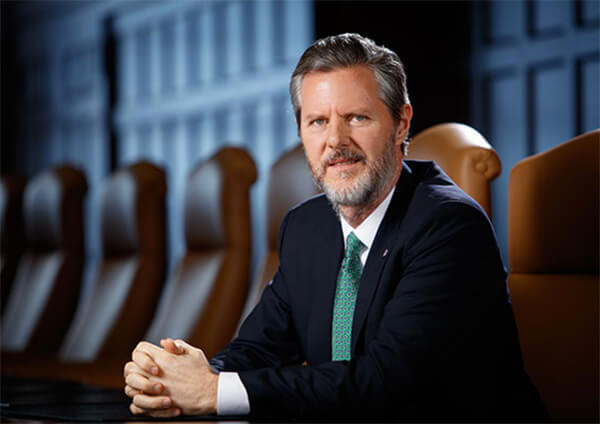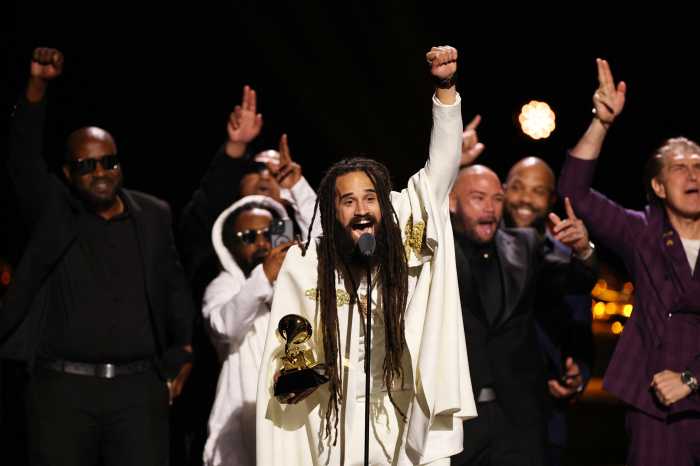A federal district court has ruled that an Indiana deputy county clerk has no protected religious grounds on which to refuse to carry out her official duty to process a marriage license application from a same-sex couple. Ruling in an employment discrimination case brought under Title VII of the 1964 Civil Rights Act, Judge Richard L. Young, on December 15, found that Linda Summers’ religious beliefs did not shield her from being dismissed for failure to do her job.
Incidentally, it was Young who ruled in 2014 that Indiana’s ban on same-sex marriage was unconstitutional.
Summers worked in the Harrison County Clerk’s office, where her elected boss was County Clerk Sally Whitis. Though Summers’ responsibilities included the processing of marriage license applications, she did not perform marriages or even sign the licenses.
Fed court rejects Title VII religious bias claim by Christian unwilling to serve lesbian couple
When the Supreme Court, in October 2014, declined to review Judge Young’s marriage equality ruling, which had been affirmed by the Seventh Circuit Court of Appeals, Indiana’s attorney general issued a memorandum that “county clerks will be prohibited from denying marriage licenses to same-sex couples so long as all other marriage license requirements are met.”
Following up on that memorandum, Whitis instructed her employees, “Even though it may be against your personal beliefs, we are required by state law to process their applications. We are only doing the paperwork and not performing their ceremony. I expect everyone to comply.”
That December, Summers, not noticing that the two applicants for a marriage license were women, began to process the paperwork, at which point, according to Young’s opinion, she “realized that the individuals requesting the marriage license were both the same sex. Summers hesitated, unsure what to do. After a moment, she decided that she could not process the application and motioned for Whitis to come and assist.”
“I told her this is a same-sex marriage license, and I can’t do it,” Summers testified. After some back and forth, Whitis “jerked the paper out of my hand and she took it and sat down at her desk and took the couple,” according to Summers. Whitis processed the license herself but told Summers such a refusal “could not happen again, because it was her job to do those.”
After consulting with the county attorney, Whitis decided to discharge Summers. She testified that “Summers’ religious beliefs did not play any part in the decision to terminate her.”
Summers wrote Whitis, asking her to “accommodate my sincerely held religious belief by not requiring me to perform the task of processing marriage licenses for same sex couples.” Whitis responded by informing Summers in writing that she was terminated “due to insubordination.”
Summers testified that she is a Christian and could not process marriage licenses for same-sex couples because it was “against God’s law” to do so, and God’s law is “above legal law.”
Young noted that under Title VII it is unlawful for an employer to discharge any individual because of their religion. Looking to the most recent Supreme Court precedent on that issue, from 2015, he found that two elements must be present to sustain a religious discrimination claim –– that the religious belief or practice conflicts with an employment requirement and that the need for an employer to accommodate that religious belief or practice motivated a discharge or other adverse action.
Young found there was “no objective conflict between Summers’ duties as a deputy clerk and her religious opposition to same-sex marriage. When it came to marriage licenses, Summers’ job merely required her to process the licenses by entering data and handing out information… At bottom, she was simply tasked with certifying –– on behalf of the state of Indiana, not on her own behalf –– that the couple was qualified to marry under Indiana law. The duties were purely administrative.”
The judge added, “She was not required to attend ceremonies, say congratulations, offer a blessing, or pray with couples. Her employer did not make her express religious approval or condone any particular marriage. Summers remained free to practice her Christian faith and attend church services. She was even free to maintain her belief that marriage is a union between one man and one woman. Thus, she was not forced to ‘choose between religious convictions and job.’”
Young found support for his conclusion in the ruling by US District Judge David Bunning against Rowan County, Kentucky, Clerk Kim Davis in 2015. Although Davis had tried to rely on the First Amendment rather than Title VII, this would not lead to any different result.
“Title VII is not a license for employees to perform only those duties that meet their private approval,” Young wrote.
Judge Young was appointed to the court by President Bill Clinton in 1997 and unanimously confirmed by the Senate.


































